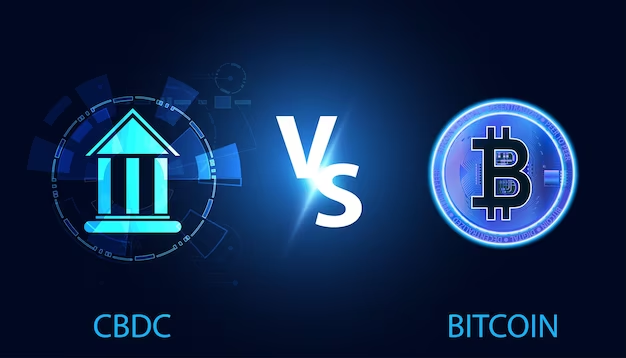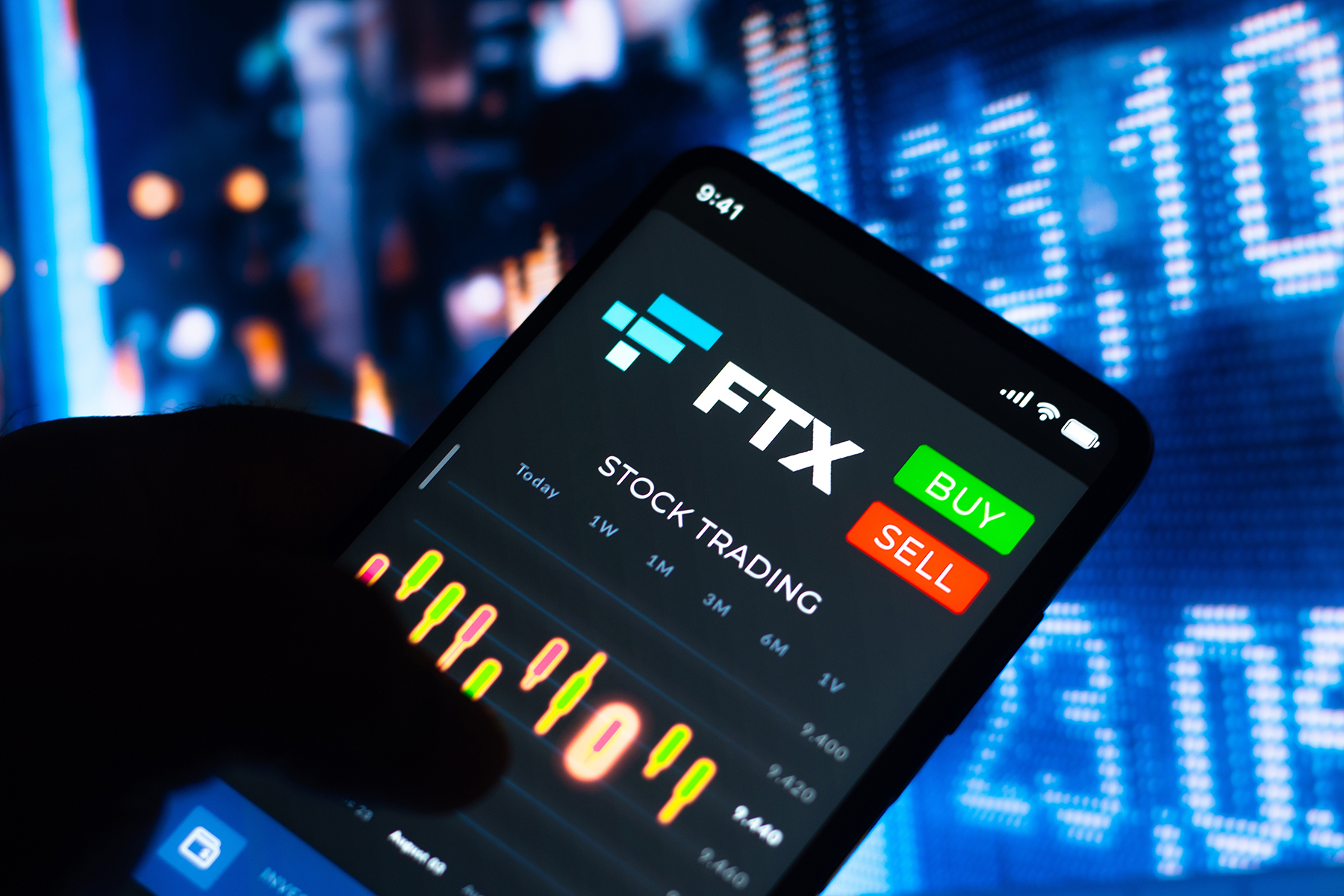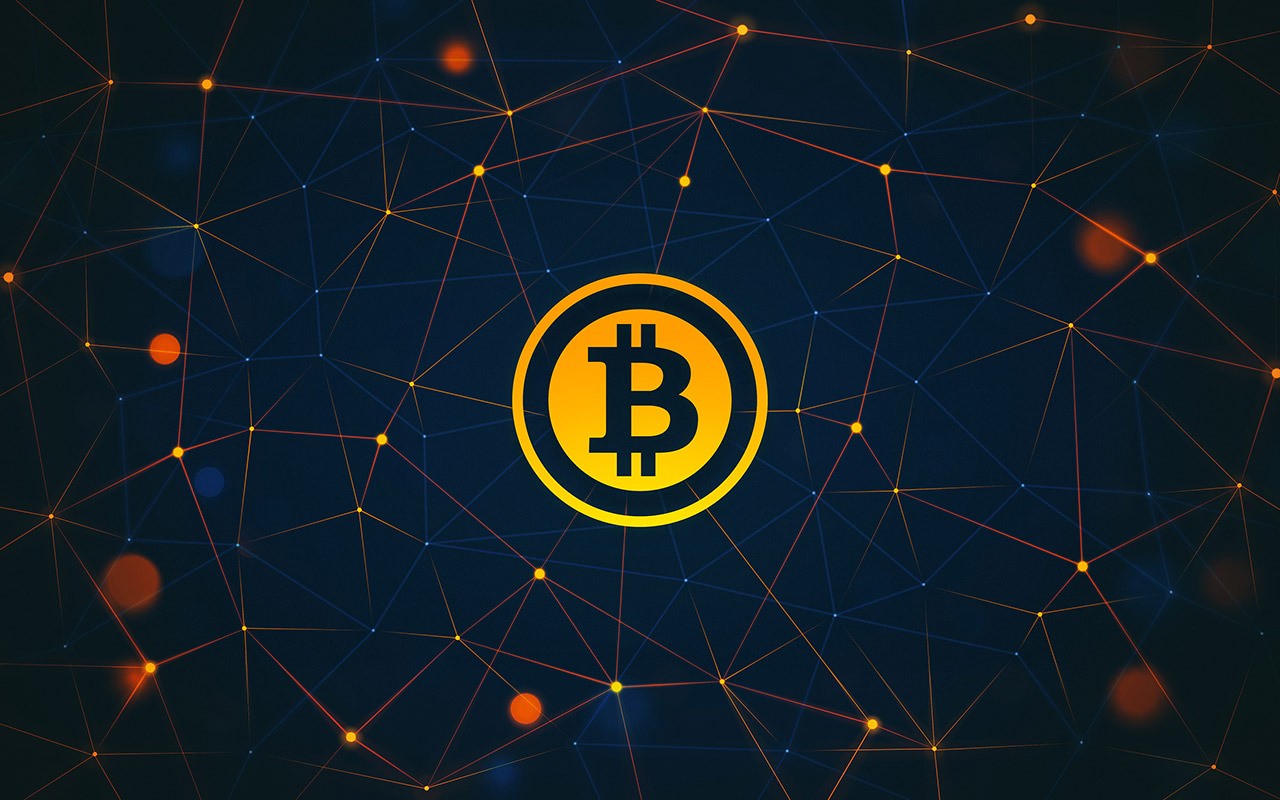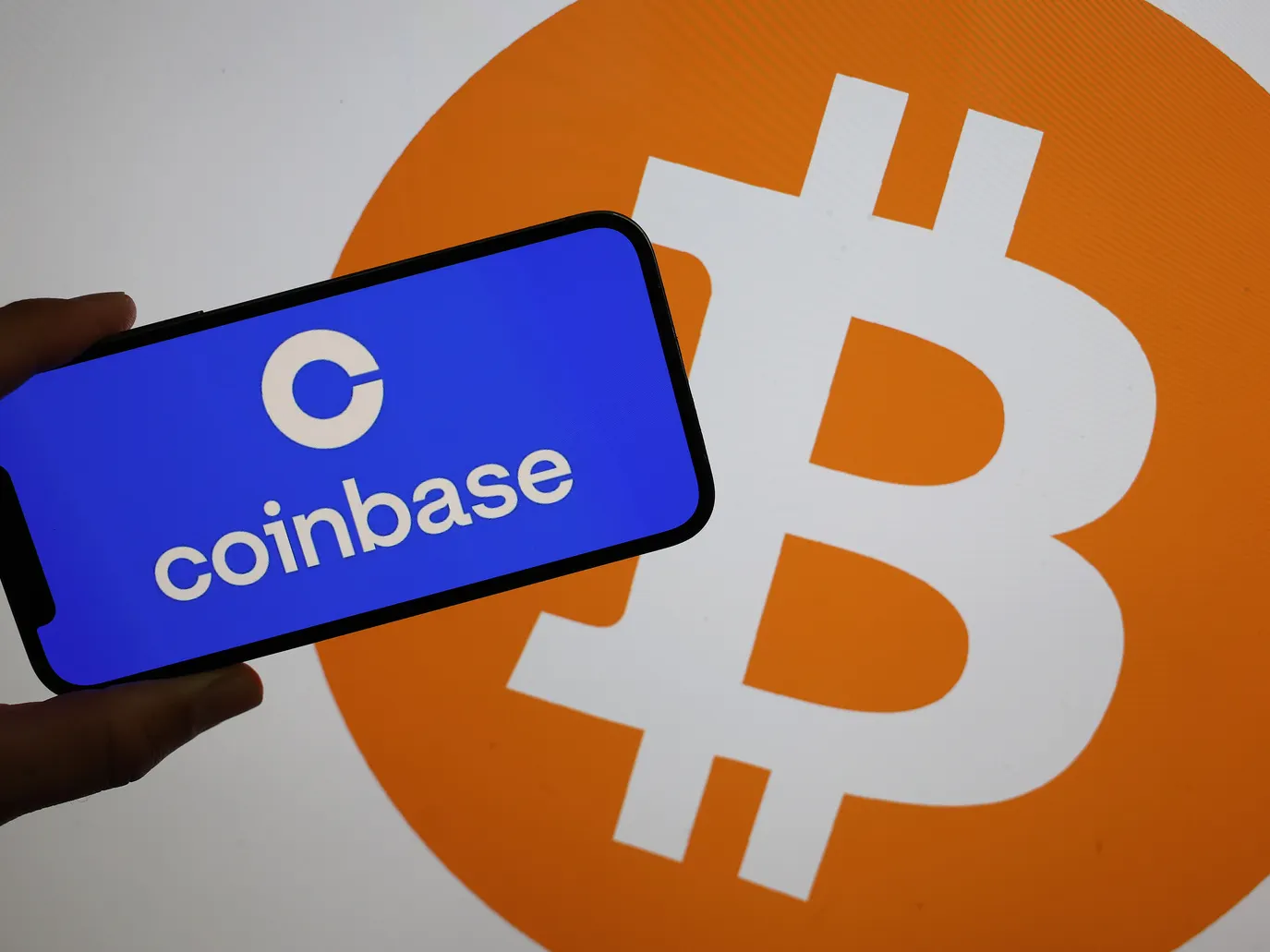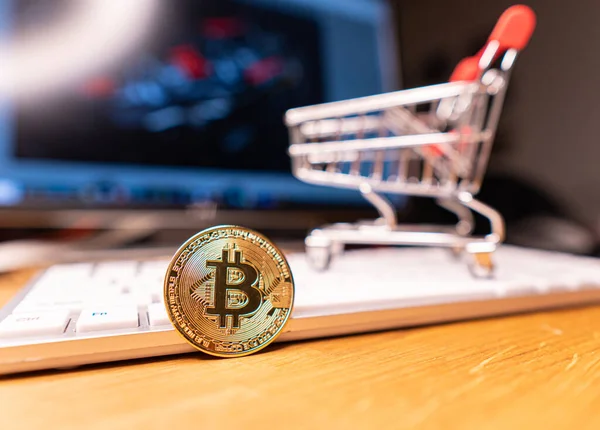Introduction
In recent years, Bitcoin has emerged as a disruptive force in the financial world. Its meteoric rise has sparked a crucial debate: Can Bitcoin effectively safeguard your wealth from the pernicious effects of inflation? In this extensive article, we will delve deeply into the concept of Bitcoin as an inflation hedge, exploring its potential, limitations, and the global economic uncertainties that fuel this ongoing debate. [Read More Here: Bitcoin’s Rise in the Financial World]
Understanding Inflation and its Impact
Before we dive into the potential of Bitcoin as an inflation hedge, let’s establish a solid understanding of inflation itself. Inflation is the gradual increase in the prices of goods and services over time. When inflation takes hold, the purchasing power of your money diminishes, and the value of your assets erodes. To fully grasp the significance of Bitcoin in this context, we’ll discuss historical instances of hyperinflation, such as Zimbabwe’s currency crisis, and examine the catastrophic consequences of unchecked inflation.
The Role of Traditional Inflation Hedges
Historically, investors have sought refuge in tangible assets like gold, real estate, and government bonds to shield themselves from the erosive impact of inflation. Gold, often referred to as “the ultimate store of value,” has stood the test of time as a hedge against currency devaluation. But how does Bitcoin compare to these traditional hedges in the context of modern financial markets? [Read More Here: Traditional Inflation Hedges: Are They Still Reliable?]
Bitcoin as ‘Digital Gold’: Arguments For
Proponents of Bitcoin as an inflation hedge make compelling arguments. They draw parallels between Bitcoin and gold, emphasizing two key similarities. First, Bitcoin’s scarcity, with a fixed supply of 21 million coins, mirrors the scarcity of gold, making it inherently resistant to inflationary pressures. Second, Bitcoin operates in a decentralized manner, free from government manipulation, akin to gold’s independence from fiat currencies. Additionally, we’ll explore instances where Bitcoin has demonstrated resilience during periods of high inflation in various countries, lending credibility to its moniker as “digital gold.” [Read More Here: Bitcoin: The Digital Gold]
Countering Views: Arguments Against Bitcoin as an Inflation Hedge
Despite its growing popularity, Bitcoin faces valid criticisms as an inflation hedge. Chief among these concerns is its notorious volatility. The cryptocurrency market is infamous for its price fluctuations, which can be rapid and extreme. This volatility raises questions about Bitcoin’s reliability as a store of value during inflationary periods. Additionally, the relative lack of historical data compared to gold leaves investors with less certainty about Bitcoin’s long-term performance. Regulatory risks and concerns about market manipulation also cast shadows on its viability as an inflation hedge. [Read More Here: The Downsides of Bitcoin as an Investment]
Bitcoin’s Performance During Recent Inflationary Periods
To assess Bitcoin’s effectiveness as an inflation hedge, we’ll conduct an in-depth analysis of its performance during recent periods of high inflation. We’ll compare Bitcoin’s performance with that of traditional assets like gold, real estate, and government bonds, providing real-life examples and case studies to illustrate its potential role as a hedge. [Read More Here: Bitcoin’s Resilience During Inflation]
Expert Opinions and Market Trends
What do financial experts and analysts have to say about Bitcoin’s inflation-fighting capabilities? We’ll compile insights from prominent figures in the financial world and explore the latest trends in institutional investments in Bitcoin. The evolving landscape of cryptocurrency is an area where informed opinions can play a pivotal role in shaping investment decisions.
- Global Economic Uncertainties and Bitcoin’s Role
Recent global economic events, such as the COVID-19 pandemic and geopolitical tensions, have had a profound impact on financial markets. We will closely examine how Bitcoin has performed amidst these uncertainties, shedding light on whether it can be considered a reliable safe haven asset in times of crisis.
The Future Outlook
Looking forward, we’ll speculate on Bitcoin’s future as an inflation hedge. Will it continue to gain traction as a store of value, or will regulatory changes or technological advancements alter its trajectory? This section will provide readers with valuable insights into the potential scenarios that lie ahead for Bitcoin and its role in safeguarding wealth in an inflation-prone world. [Read More Here: The Future of Bitcoin: Predictions and Possibilities]
Conclusion
In conclusion, the role of Bitcoin as an inflation hedge is a topic of intense debate among investors and financial experts alike. While it shares some essential characteristics with traditional hedges like gold, it also carries its own set of challenges and uncertainties. It is essential for investors to carefully consider the arguments for and against Bitcoin as they navigate the complex landscape of wealth preservation in an inflationary environment. We encourage readers to continue their research, stay informed about Bitcoin’s evolving role in the global economy, and make informed decisions regarding their investment strategies.
Additional ReRead More Here
For those eager to delve even deeper into this topic, here are some additional resources, reports, and tools to aid in your exploration of Bitcoin as an inflation hedge:









